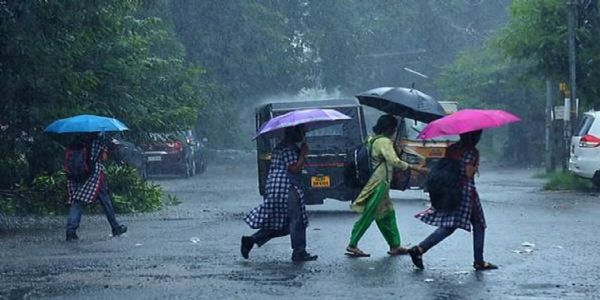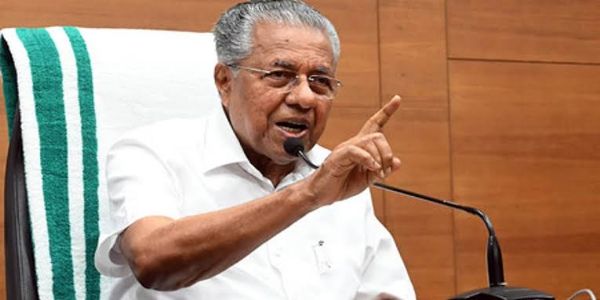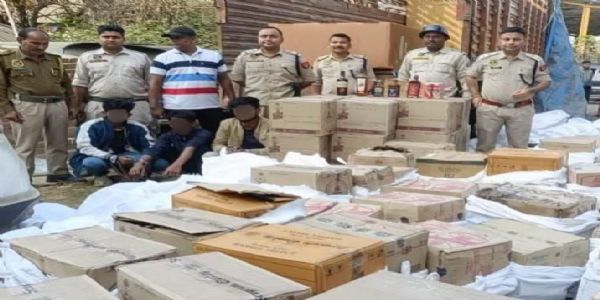
- Make 1,000 litres of for ₹20
Guwahati, 19 June (HS): Scientists at the Indian Institute of Technology Guwahati have developed a water purification system that could transform access to safe drinking water in fluoride-affected areas of India. The innovative technology purifies contaminated groundwater at a cost of just ₹20 per 1,000 litres, while processing up to 20,000 litres of water per day.
The four-stage treatment system addresses a serious health crisis affecting millions of Indians, especially in states like Assam, Rajasthan, Telangana, Andhra Pradesh, Karnataka, Haryana and Gujarat, where excessive fluoride in groundwater causes skeletal fluorosis - a debilitating condition that hardens bones and stiffens joints.
Professor Mihir Kumar Purkait of the Department of Chemical Engineering led the research team that spent 12 weeks testing the system under real-world conditions. Their findings, published in the prestigious ACS ES&T Water journal, demonstrate the technology's ability to remove 94% of iron and 89% of fluoride from contaminated water, bringing the water levels within Indian safety standards.
The treatment process begins with aeration, where a specially designed aerator adds oxygen to remove dissolved iron. The water then passes through an electrocoagulation unit, where a mild electric current flows through aluminium electrodes, releasing charged metal particles bound to the contaminants.
An electric potential is applied to dissolve a sacrificial metal anode, usually aluminium or iron, thereby generating coagulant species directly in the solution, explained Professor Purkait. These coagulants help aggregate suspended solids and adsorb or precipitate dissolved contaminants.
During the third stage, flocculation and settlement, the bound contaminants form large flocs that settle in a special chamber. Finally, the water passes through a multi-layer filter containing coal, sand and gravel to remove the remaining impurities.
The affordability of the system stems from its energy-efficient design and minimal maintenance requirements. With an estimated life span of 15 years and electrode replacement required every six months, this technology requires minimal supervision while delivering consistent results.
A pilot installation has already been completed in Changsari, Assam in collaboration with the state Public Health Engineering Department and Kakati Engineering Pvt Ltd, demonstrating the practical feasibility of the system.
The research team is therefore exploring renewable energy integration to make the system fully self-sufficient. We are also exploring the use of solar or wind energy to operate the unit and use the hydrogen gas generated during the electrocoagulation process, Professor Purkait said.
The team plans to incorporate smart technologies including real-time sensors and automated controls to further reduce manual intervention, making the system ideal for remote and under-served communities. Their goal is to combine this technology with other water treatment methods to create a comprehensive decentralized water treatment solution.
In regions where the fluoride problem has long been a barrier to access to safe drinking water, this breakthrough is a ray of hope for communities grappling with expensive and complex treatment options. Combining effectiveness, affordability, and simplicity, this technology establishes it as a potential solution to one of India’s biggest public health challenges.
The research involved post-doctoral associates Dr. Anveshan and Dr. Piyal Mondal as well as research scholar Mukesh Bharti, all from the Department of Chemical Engineering, IIT Guwahati. ----------
Hindusthan Samachar / Sriprakash








